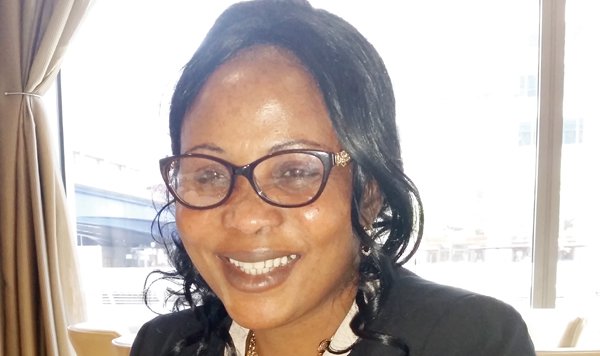
Human Rights advocate, Funmi Falana, has stated that Nigeria has reportedly lost over $582 billion to corruption since independence. She made this claim at a conference on the establishment of an International Anti-Corruption Court (IACC) and the presentation of a compendium on 100 high-profile corruption cases.
The event was organised by the Human and Environmental Development Agenda (HEDA Resource Centre, in collaboration with Integrity Initiatives International (III) and supported by the MacArthur Foundation, with the theme, “Engaging Young Stakeholders in Attaining Global Cooperation in the Fight Against Corruption and Repatriation of Illicit Assets.”
Falana highlighted the far-reaching impact of corruption, particularly on marginalised communities.
“Corruption thrives, and its consequences are most acutely felt by the poor, communities lacking access to basic amenities, youth deprived of quality education, and nations grappling with underdevelopment,” she stated.
Citing a report by the United Nations Conference on Trade and Development (UNCTAD), Falana revealed that Africa loses approximately $88.6 billion yearly to illicit financial flows, amounting to 3.7 per cent of the continent’s Gross Domestic Product (GDP).
She also referenced Nigeria’s high-profile case involving former Petroleum Minister, Diezani Alison-Madueke, alleging that over $2.5 billion in illicit proceeds remain unaccounted for. This case, she noted, underscores the complexities of prosecuting corruption when perpetrators exploit international legal loopholes. Falana strongly advocated for the establishment of an International Anti-Corruption Court (IACC) to address corruption more effectively.
“Such a court would hold high-profile perpetrators accountable, recover stolen assets, and bridge jurisdictional gaps in the global fight against corruption,” she said.
She also called for strengthened global partnerships, youth engagement, and institutional accountability to combat corruption and repatriate illicit assets effectively. HEDA Chairman, Olanrewaju Suraju, emphasised the role of civil society, the media, and citizens in combating corruption.
He pointed to instances of massive looting, including the discovery of 753 properties in Abuja tied to corruption and the prosecution of former Kogi State Governor for alleged mismanagement of $110 billion.
Suraju called for a collective effort to tackle corruption, urging institutions, including religious and traditional organisations, not to condone or benefit from illicit wealth.






